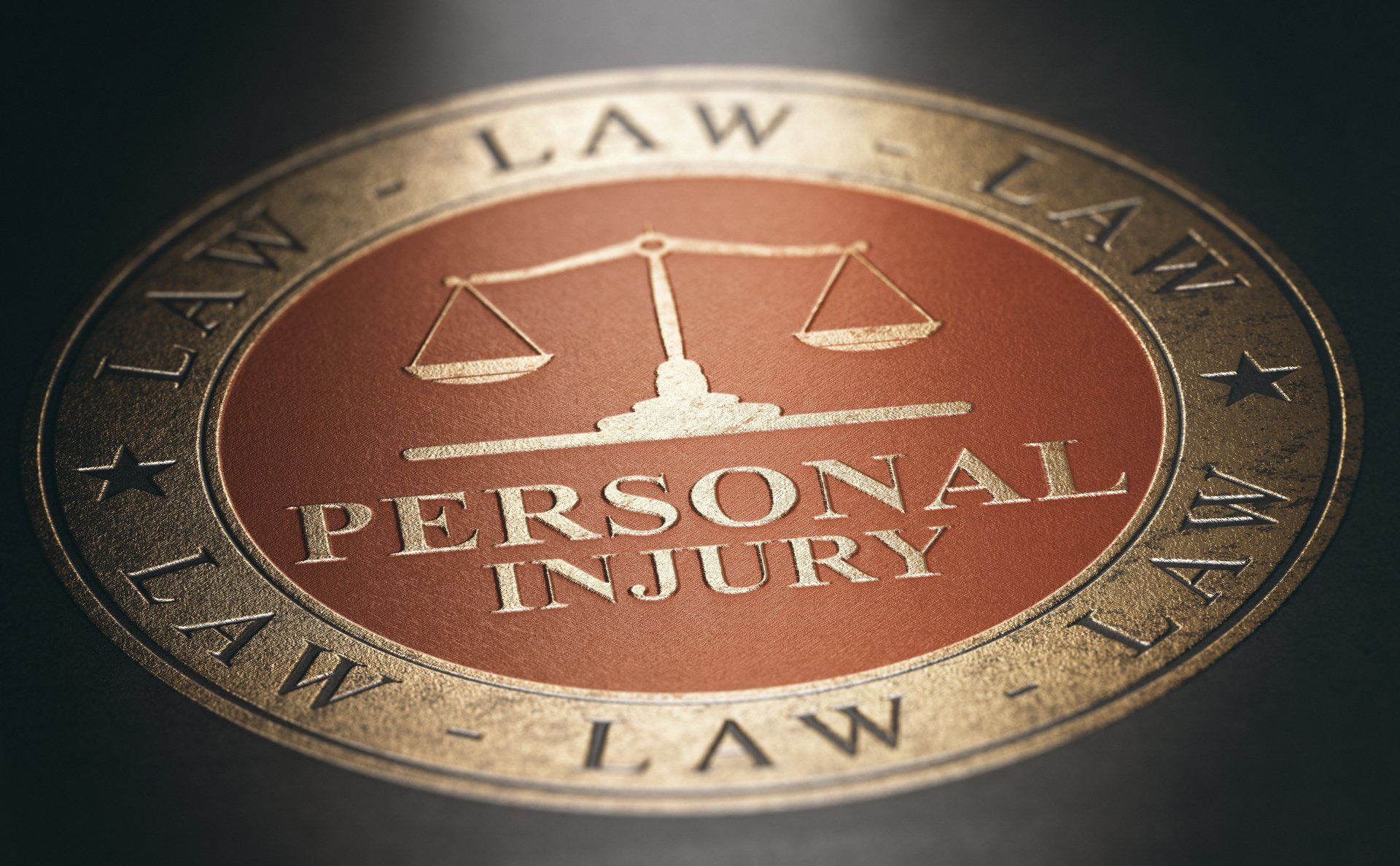PERSONAL INJURY
Whenever you have an injury to the body, mind or your emotions, you are involved with a personal injury. Personal injury is injury to your person as opposed to your property.
If you have been seriously injured by someone's wrongful or negligent behavior you may be entitled to damages. To obtain damages, you may need to file a lawsuit in court to be awarded damages. Insurance claims may cover some of your damages, but it is likely you will need to file a claim against the party that injured you. There is a statute of limitations which is enforceable according to which state you live in.
You must prove certain elements of your case even though you are the victim. Where your injury is based on negligence, intentional tort or strict liability, you will need to prove separate elements involving causation and harm. The burden of proof is a "preponderance of the evidence." This means you have to prove that the defendant is more than 50 % likely to be responsible for your injuries.
Your damages are not limited to your medical bills. Lost wages, pain and suffering, personal property losses, past and future medical bills are all considered depending on your facts and circumstances.
At Sampson Law Group we are skilled at assisting people who have losses due to personal injury. We can help you obtain the relief you deserve.
Personal Injury
A personal injury occurs whenever you sustain an injury to your body, mind, or emotions. In contrast to property damage, personal injury refers to harm to the person.
You may be entitled to compensation if someone else's improper or negligent actions resulted in a serious injury to you. You might need to make a legal claim in order to be granted damages. Some of your damages may be covered by insurance claims, but you will probably need to make a claim against the person who hurt you. Depending on the state you live in, there is a statute of limitations that applies.
Even though you are the victim, you still need to prove some aspects of your claim. You must establish separate factors concerning causation and harm when your injury is the result of carelessness, intentional tort, or strict responsibility. Preponderance of the evidence is what constitutes the burden of proof. This implies that you must demonstrate that the defendant is more likely than not to be at fault for your injuries.
Your losses go beyond only your medical expenses. Depending on your facts and circumstances, lost pay, pain and suffering, losses of personal property, and past and future medical expenses are all considered.

Serving the following New York Counties:
Bronx, Dutchess, Kings, Nassau, Orange, Putnam, Queens, Rockland, Suffolk, & Westchester.
Including the following cities and towns:
Bedford, Cortlandt, Eastchester, Greenburgh, Harrison, Lewisboro, Mamaroneck, Mount Kisco, Mount Pleasant, Mount Vernon, New Castle, New Rochelle, North Castle, North Salem, Ossining, Peekskill, Pelham, Pound Ridge, Port Chester, Rye, Rye Brook, Scarsdale, White Plains, Yonkers & Yorktown.
BROWSE OUR WEBSITE
HOURS OF OPERATION
- Mon - Fri
- -
- Sat - Sun
- Closed





